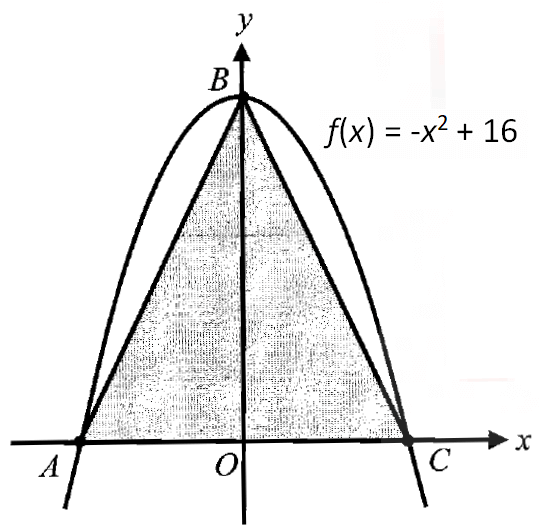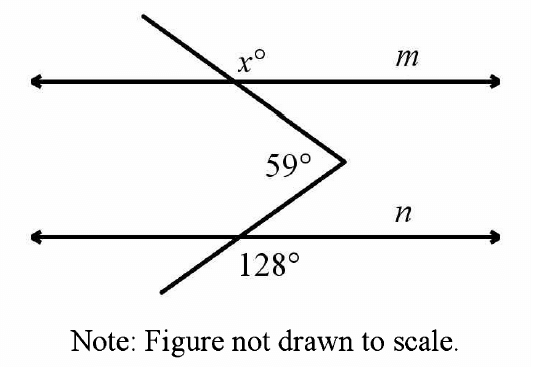3x3 CRAMER'S RULE CALCULATOR
The calculator given in this section can be used to solve the system of linear equations with three unknowns using Cramer's rule or determinant method.
| |||||||||||||||||||||||||||
Note :
If you get x = 0, y = 0 and z = 0, then the system may be inconsistent or it may have infinitely many solutions. To know more about this, please go through the instructions given below.
Instructions :
Case 1 :
If Δ ≠ 0, y = 0 and z = 0, then the system is consistent, and has a unique solution.
Case 2 :
If Δ = 0, we have four important possibilities.
Subcase 2(a) :
If Δ = 0 and atleast one of the values of Δx, Δy and Δz is non-zero, then the system has no solution i.e. Equations are inconsistent.
Subcase 2(b) :
If Δ = 0 and Δx = Δy = Δz = 0 and atleast one of the 2 × 2 minor of Δ is non zero, then the system is consistent and has infinitely many solution. In this case, the system of three equations is reduced to two equations. It can be solved by taking two suitable equations and assigning an arbitrary value to one of the three unknowns and then solve for the other two unknowns.
Subcase 2(c) :
If Δ = 0 and Δx = Δy = Δz = 0 and all their (2 × 2) minors
are zero but atleast one of the elements of Δ is non zero (aij ≠ 0) then the system is consistent and it has infinitely many solution. In this case, system is reduced to a single equation. To solve we can assign arbitrary values to any two variables and can determine the value of third variable.
Subcase 2(d) :
If Δ = 0, Δx = Δy = Δz = 0, all 2 × 2 minors of Δ = 0 and atleast one 2 × 2 minor of Δx or Δy or Δz is non zero then the system is inconsistent.
Kindly mail your feedback to v4formath@gmail.com
We always appreciate your feedback.
©All rights reserved. onlinemath4all.com
Recent Articles
-
Digital SAT Math Problems and Solutions (Part - 143)
Apr 13, 25 12:01 PM
Digital SAT Math Problems and Solutions (Part - 143) -
Quadratic Equation Problems with Solutions
Apr 12, 25 08:21 PM
Quadratic Equation Problems with Solutions -
Digital SAT Math Problems and Solutions (Part - 142)
Apr 11, 25 06:26 PM
Digital SAT Math Problems and Solutions (Part - 142)

